Co-Star: How Accurate Can a Pseudoscience Be?
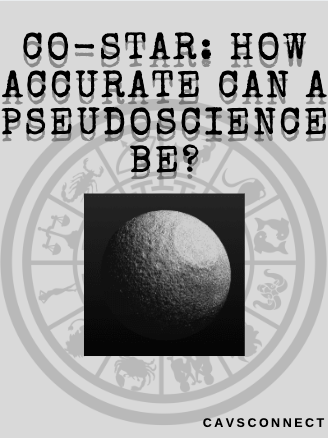
Co-Star, an astrology app currently trending amongst teens, has brought astrology’s validity back into question.
Dec 1, 2019
Exploding in popularity since its release, the new Co-Star app has become a daily necessity for millions of people, providing its users with daily horoscopes using their astrological information and allowing them to compare their charts to their friends and family. Co-Star gathers its information by collecting the data given to them and matching it with specific data from the National Aeronautics and Space Administration (NASA) that later develops into your daily horoscope. This trend may appear to be new, but astrology— a “science” that relates your birth to the stars— has existed for hundreds of years. However, in no way does its age deem it valid.
Astrology is considered a pseudoscience for a number of factors. It has not demonstrated accuracy in monitored studies and it cannot fully determine the behavior of every individual, meaning that reliance on an app like Co-Star can affect the users’ perspectives and behaviors, even if the information is not correct.
Due to its unexplainable tendencies when it comes to describing the universe and its behavior, astrology has been entirely denied by the scientific community. Even though Co-Star gains access to data directly from NASA, the constant switch and movement of stars could easily derive or sabotage the information given to the users. When an individual reads a prediction of their day, their behavior changes according to what their prediction stated. Additionally, when it comes to applying their horoscope to their daily life, the user will go looking for similarities between their prediction and everyday occurrences. The odds are that, if they examine themselves close enough, they can end up finding some sort of correlation. This does not necessarily mean that the prediction is 100% accurate.
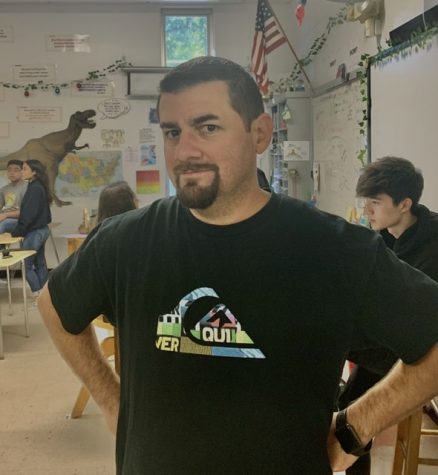
The zodiac signs were created in a time when the stars wherein a different location then they are now meaning that they do not line up with the current birthdays given to these websites. However, faith is a powerful thing and if an individual believes. It can affect their behavior and mindsets,
— English teacher Mr. Reich
“It is crazy how something that is made up can control your life and your emotions. I think Astrology apps are not even close to accurate. Imagine you put your birth date and time and you will automatically know your future, that is just not how it works,” sophomore Erdwin Ochoa said.
Not only is it nearly impossible for astrology to identify or describe each individual person with their date of birth but it cannot describe this individual person’s everyday events. One of the most famous tests known to prove astrology as a pseudoscience was headed by Shawn Carlson, a famous scientist, and a team of astrologers. These scientists concluded that natal astrology performed no accurate or reasonable knowledge. Astrology is mainly disregarded due to its misinformation and lack of well-supported evidence and the same applies for Co-Star, as it is just a modernization of the antiquated practice.
Many people tend to say the app can be accurate in how their day actually acts out. Every 24 hours, the app adds daily horoscopes that explain how your day will go using data that is directly sent from NASA to the app’s developer. However, in order for astrology to be valid, there has to be some force that settles a connection between individuals and celestial bodies. Astrologers should be able to produce results and data that can be explained by other sources. If celestial objects are able to influence the lives of human beings to the degree insinuated, a large number of very high-quality evidence would be required before these claims of astrology could be accepted. It is not recommended to trust these apps due to their lack of scientific accuracy and the mistrust and issues it can cause on its user´s personality and lives. Therefore, teens and users should not rely on Astrology until it is considered a science.
“Co-Star is a really fun and entertaining app to use, but going overboard is unhealthy because it is not proven to be true. As long as it is not taken too seriously, students should use it as they please,” sophomore Maureen Mazloum said.
Co-Star or any other apps associated with astrology are easily accessed by teens and users around the world, meaning that it is important that all mobile device users are aware of its inaccuracy. You can still use apps like Co-Star in moderation as long as they are not taken too seriously. If you decide to use it, it is important to recognize that astrology is not a science, nor does it have real scientific proof that it can predict the lives of the world’s population and their personality just using their birth location and time. Perhaps the development or future research that supports astrology as a science can change this perspective, but any such development has yet to come.


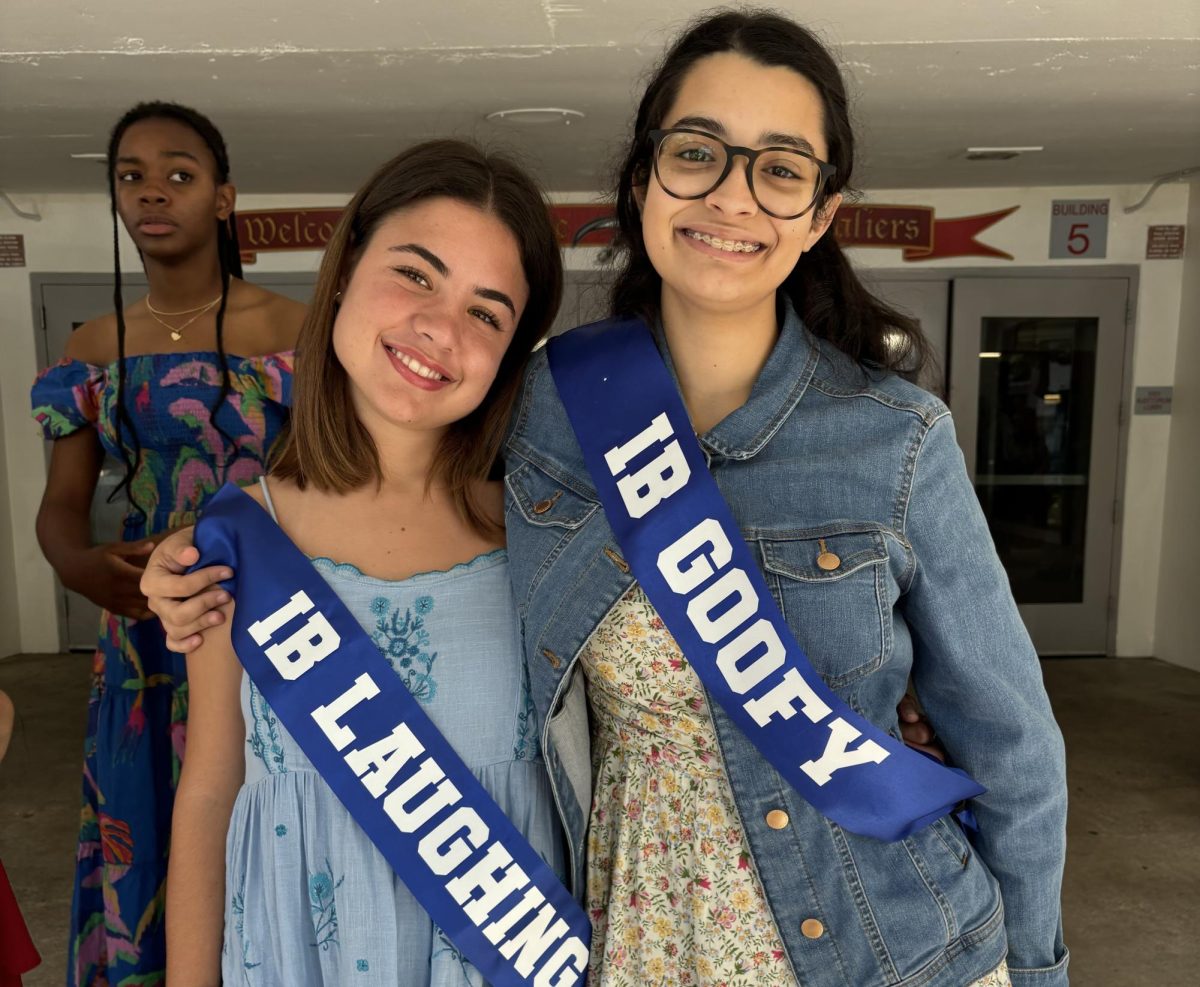
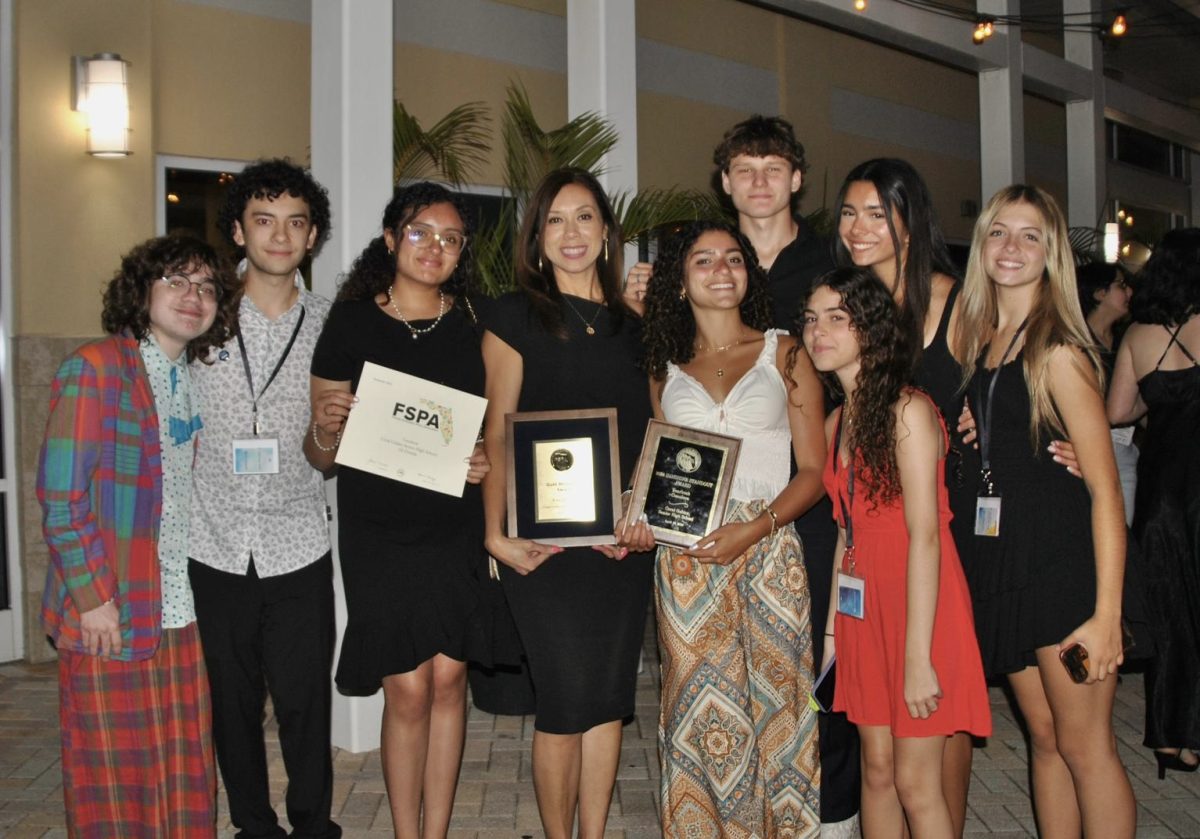


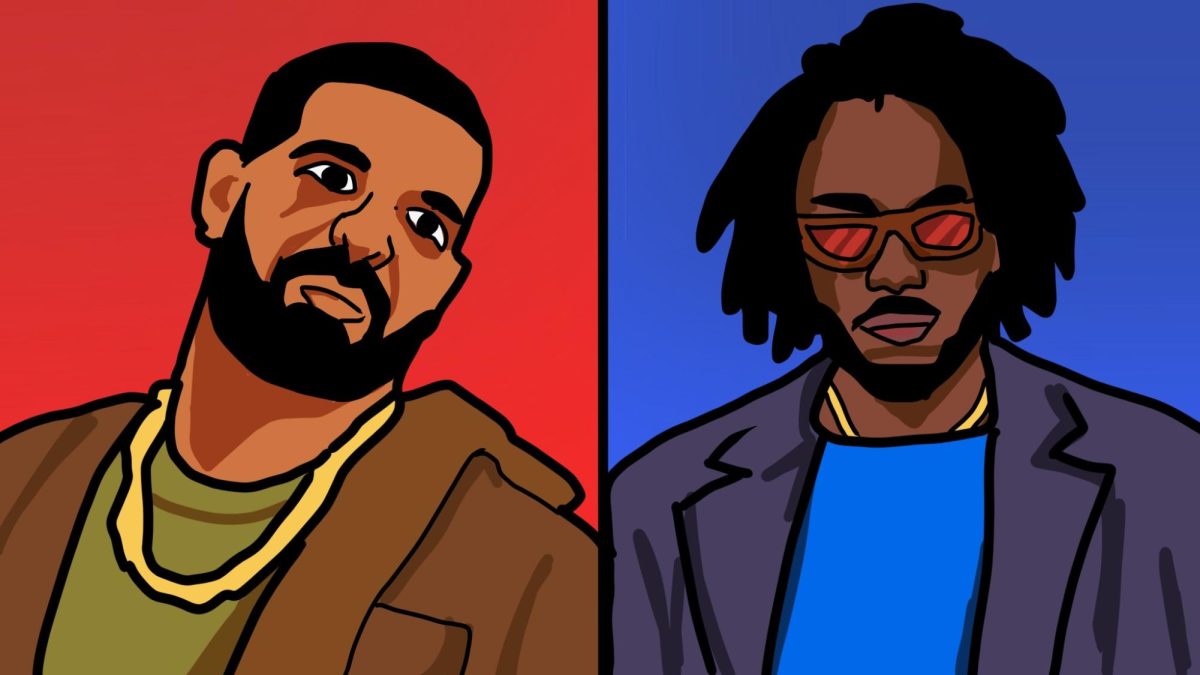








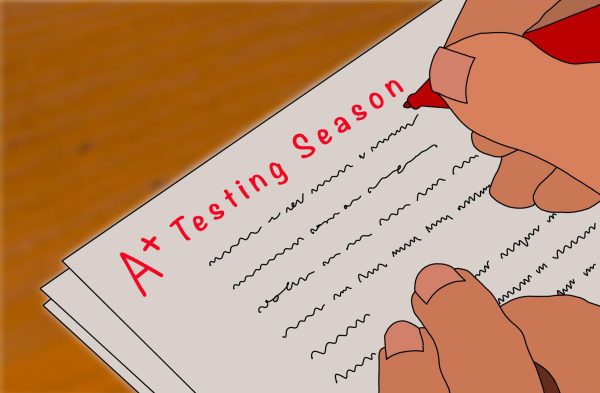


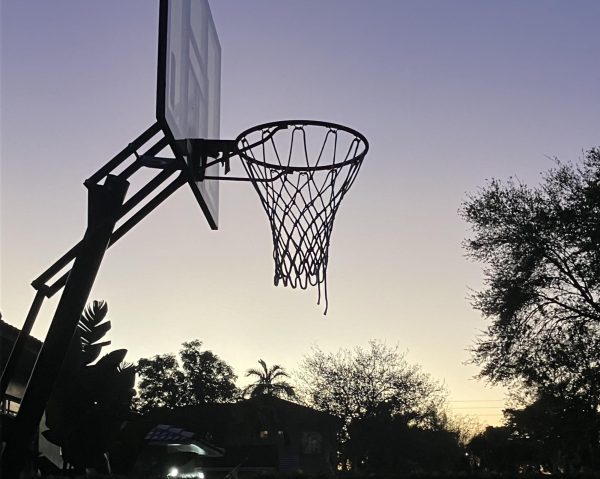
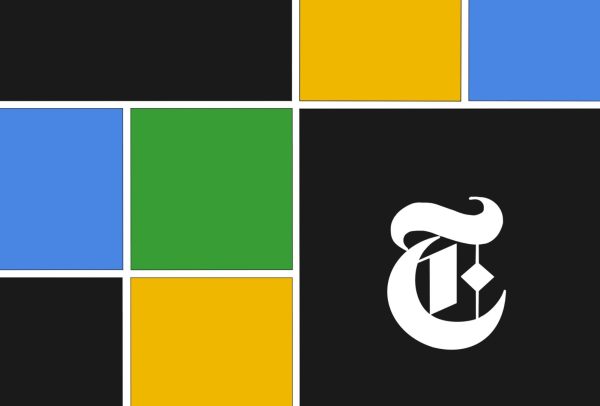



Michelle • Apr 26, 2021 at 9:47 am
For use of entertainment ! Do not use this as a literal way to live your life. (Unless it inspires you to do well then there is no bad reason for that, right?) Young minds are very impressionable, and easy to manipulate especially with these types of apps “suggesting” who you should and should not talk to that day, etc. I’m a grown adult and for me even sometimes I need to remind myself “this is for fun”. To be 14 again with my first phone… trying to get ANY external source of acceptance? Yeah I can see how this is not healthy; and quite toxic.